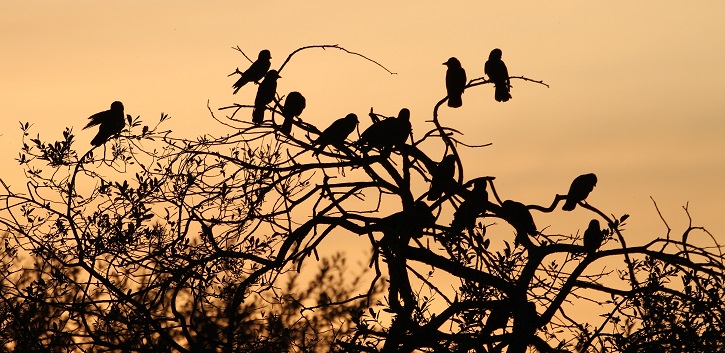In This Section
- Home
- About the College
- Governance
- College Committees & Steering Groups
- College Assembly
- College Council
- College Executive Management Committee
- College Academic Programmes and Curriculum Development Committee
- College Graduate Studies Committee
- College Research & Innovation Committee
- College Teaching Learning and Student Experience Committee
- College Student Recruitment and Outreach Committee
- College Sabbatical Research Leave Committee
- College of SEFS Adjunct Appointments Committee
- International Education Committee
- College Postgraduate Student Committee
- Athena SWAN Steering Group
- College Committees & Steering Groups
- Human Resources
- UCC STEM Awards
- Scholarships and Prizes
- Women in STEM Panel Talks
- Inaugural Professorial Lectures
- Athena SWAN in SEFS
- Proposal Calls
- Contact Us
- Science in Society Public Lecture Series
- Governance
- News
- Staff
- Schools and Departments
- Current Students
- Undergraduate Courses
- Postgraduate Courses
- International Students
- Research and Innovation
- Employability and Careers
- Outreach and Public Engagement
- Science Week
- Transition Year Programmes
Mob mentality rules jackdaw flocks

Jackdaws are more likely to join a mob to drive off predators if lots of their fellow birds are up for the fight, new research shows.
The study, published today in Royal Society Biology Letters, found that when more birds call out to show they are willing to mob a predator, more jackdaws join in. Scientists say this suggests jackdaws use a form of counting when deciding whether to join a mob.
Jackdaws can also identify the calls of individual members of their flock, the researchers say.
“Many species of birds use mobbing to drive off predators,” according to the study's lead author Jenny Coomes, a PhD student working on animal behaviour in the School of Biological, Earth and Environmental Sciences (BEES) at University College Cork (UCC).
“Although this is fairly common behaviour, little is known about how mobbing is initiated. There is safety in numbers, so individual birds might benefit from assessing how many others are mobbing before joining in.”
The researchers used recordings of jackdaw calls featuring different numbers of birds calling. These were played near jackdaw nests.
Playbacks simulating three or five callers tended to recruit more individuals than playbacks of one caller.
“The jackdaws in our experiments always heard the same number of alarm calls, but more birds joined in if the calls were produced by multiple different individuals. This shows that jackdaws can tell one another’s voices apart to work out how many birds are involved in a mob,” commented Dr Alex Thornton at the University of Exeter.
“Although our findings suggest that jackdaws use a form of counting, they also indicate there may be limitations to this ability.”
According to UCC's Jenny Coomes, "while there was an overall increase in recruits when we played recordings of more birds calling, we did not find clear evidence that the number of recruits was higher in response to five versus three callers.
“A possible reason for this may be that there is little extra benefit to the jackdaws in assessing the number of callers above three. Alternatively, there may be cognitive limitations to their ability to assess the number of callers above a certain threshold," she added.
The paper titled 'Evidence for individual discrimination and numerical assessment in collective antipredator behaviour in wild jackdaws (Corvus monedula),' is available here: http://rsos.royalsocietypublishing.org/lookup/doi/10.1098/rsbl.2019.0380
For more on this story contact:
Lynne Nolan, Media & PR Officer, University College Cork: lynne.nolan@ucc.ie or 0872101119.
College of Science, Engineering and Food Science
Coláiste na hEolaíochta, na hInnealtóireachta agus na hEolaíochta Bia
Contact us
Block E, Level 3, Food Science Building, UCC, Cork, T12 YN60.
